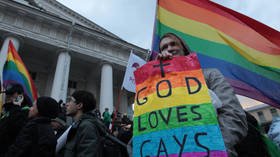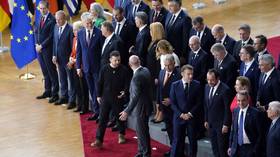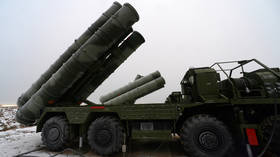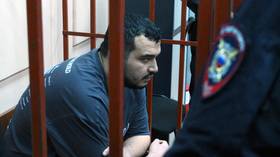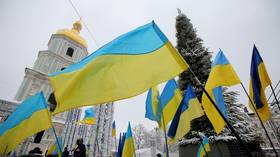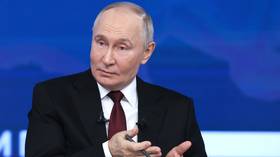Russia names alternative to Western 'amorality'
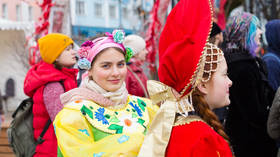
Russia’s Ministry of Culture has published a draft order setting out “traditional values” that it says must be protected from encroachment by foreign ideas, terrorists, and extremists amid a “global crisis” for public morality.
The document was posted on the ministry’s website this week for consultation, ahead of being presented to President Vladimir Putin for his signature, and is designed to provide “the foundations of government policy for the protection and strengthening of traditional Russian spiritual and moral values.” The ordinance lays out what the authors see as integral Russian values and puts forward strategies for defending them against alleged incursion by foreign perspectives.
The draft text defines “traditional values” as “moral guidelines that form Russian citizens’ worldview, transferring from generation to generation, guaranteeing civil unity, forming the base of Russian civilizational identity and the nation’s unified cultural space, and manifesting uniquely and distinctly in the spiritual, historical, and cultural development of the multiethnic people of Russia.”
According to the order, examples of these values include “life, dignity, human rights and freedom, patriotism, civic consciousness, service to the Fatherland and responsibility for its fate, high moral ideals, a strong family, creative work, prioritizing the spiritual over the material, humanism, charity, justice, collectivism, mutual support and respect, historical memory and continuity between generations, and the unity of the peoples of Russia.”
The report claims, however, that these values are under threat from outside forces including terrorist and extremist organizations, multinational corporations, NGOs, and the US and its allies. Among the foreign ideas said to be invading Russia, the authors name egoism, permissiveness, “amorality,” and the refusal to grant Russia a positive place in history and culture.
Last month, President Putin told journalists that he believes progressive Western ideas are infiltrating Russia, particularly in the area of LGBT rights. “I believe that the traditional approach is correct,” he commented. “Male is male, female is female, mother is mother, and father is father. I sincerely hope that our society has the moral armor to protect us against this.”
In 2013, Putin signed Russia’s so-called “gay propaganda law,” which prohibits the distribution of material deemed to promote “non-traditional sexual relationships” among minors. The legislation, which was passed with the stated goal of protecting children from being exposed to homosexuality, has been criticized domestically and internationally as an attack on LGBT rights. The Kremlin has defended it as a measure to preserve traditional family values.
Last year, Putin signed into force a series of constitutional reforms following a nationwide vote. Among them was the stipulation that marriage is defined solely as a union between a man and a woman.
